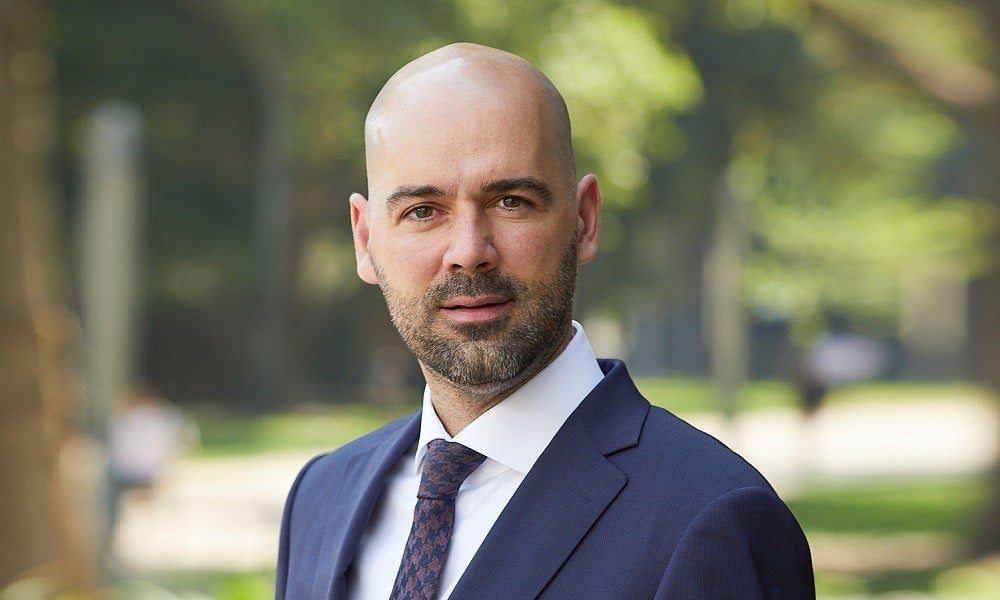How authentic should a business leader really be?
Good leaders actively manage their image in a way that does justice to the complexity of their identity, writes UNSW Business School’s Frederik Anseel
'Authentic' is the word of the year. At least, that is what publisher Merriam-Webster concludes based on the number of searches in its dictionary. That should not be surprising. Artificial intelligence and image manipulation make it increasingly difficult to determine what is real and what is not. But personal authenticity is also experiencing a revival in AI times. Superstars like Taylor Swift say they are seeking to better express their 'authentic voice' and 'authentic self'.
At work, many leaders are struggling with this renewed call for authenticity. What do you stand for and who are you really? A leader who is authentic at work has the advantage of clarity. Authenticity creates predictability and trust. No careerism or opportunism, no, what you see is what you get. And that authenticity in turn invites employees to also express themselves more authentically in the workplace.
Authenticity is a tempting shortcut to the hearts of employees. It explains the immense popularity of Elon Musk on his own platform. Elon Musk shouting 'go #$@* yourself' to advertisers not to have his right to speak truthfully blackmailed gives fans confidence that he cares more about the truth than about what other people think or pay.
But leaders who strive for authenticity quickly experience its limitations. The search for authenticity assumes that if we peel away enough layers, we will eventually discover a kernel of truth entitled 'my true self'. But people cannot be reduced to one core identity. There likely is no true self. People's identities are a complex interplay of experiences, roles and relationships that sometimes contradict each other.

Authentic leadership, David Beckham and Robbie Williams
I made this observation when I saw the documentaries about David Beckham and Robbie Williams on Netflix. Both are carefully curated ego documents. Beckham and Williams choose to tell those aspects of their story that they want to highlight. Is their story therefore not authentic? Of course it is. Is it the complete truth? Perhaps not. It is an exercise in image management based on one's own life history.
Identity is nothing more than the story we want to tell about ourselves. The Netflix series are an attempt to distil a coherent trajectory from their past while – let's be honest – setting the scene for the professional ambitions they still harbour.
Leaders must learn how to harness the complexity of their identity without losing authenticity. An unexpected example of such complex leadership is the trajectory of Nelson Mandela. In a recent book, writer Johny Steinberg highlights how Mandela adapted and reinvented his public persona depending on the circumstances.
As a young emerging talent, he was a photogenic and well-dressed lawyer with a nice car, which was unusual for a black South African in the early apartheid years. When he went underground in the 1960s, the hip lawyer became a bearded guerrilla fighter ('the black pimpernel'). During his trial in a white, colonial court, he wore leopard robes and jewellery that emphasised pre-colonial African identity. In the 1990s he opted for the image of the fatherly reconciler. With lightness and a broad smile, grace and forgiveness, he helped his people transcend the fault lines to avoid civil war.
Subscribe to BusinessThink for the latest research, analysis and insights from UNSW Business School
What do we learn from all that? Authenticity should not confine you to one single aspect of your identity. There is nothing wrong with emphasising certain aspects of your identity when circumstances require it. Good leaders actively manage their image. Almost every important decision in your career is made by others at a time when you are not present in the room: your recruitment, your salary, your promotion, for example. The image that others have of you plays a crucial role in each of these decisions. It is not inauthentic to ensure that the image that others have of you does justice to the complexity of your identity. You are all those nuances and contradictions. Embrace them.
Frederik Anseel is Professor of Management and Senior Deputy Dean (Academic) at UNSW Business School. His research focuses on the motivational micro-foundations of how people contribute to organisational success. For more information, please contact Prof. Anseel directly. A version of this post was first published in De Tijd.
